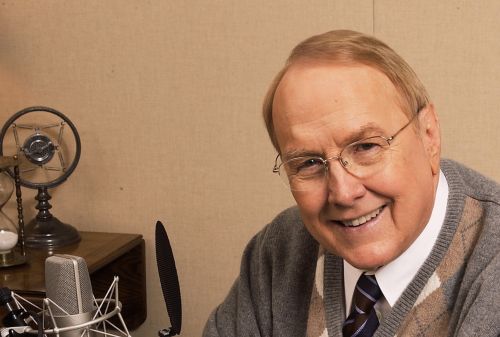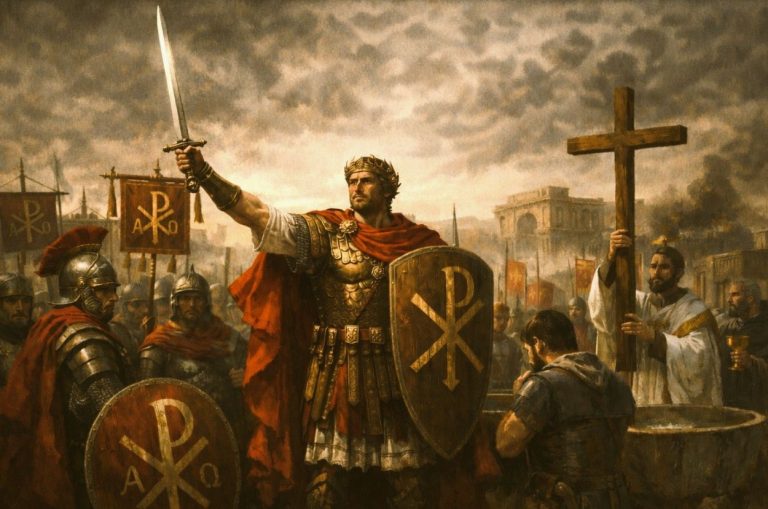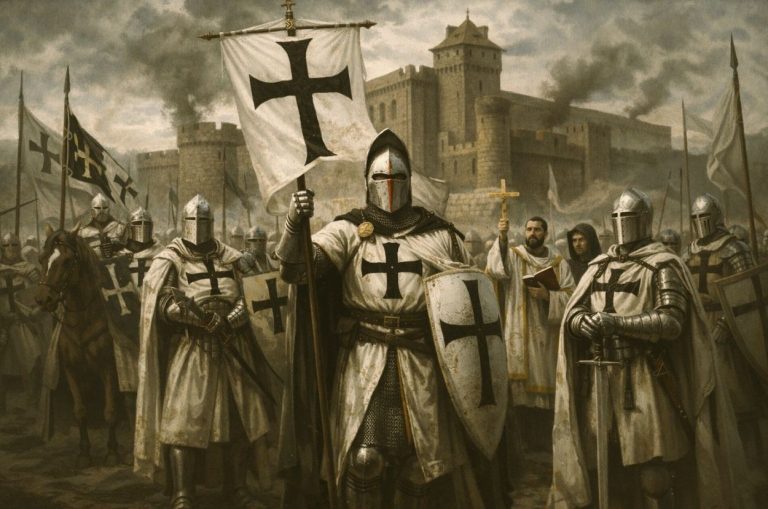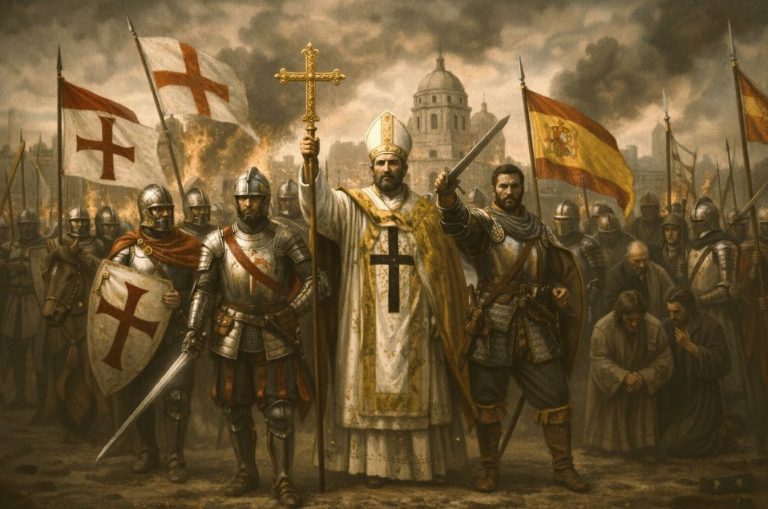

For his faithful flock, he will be remembered as a champion of the family and a man of conviction. For the rest of humanity, he leaves a legacy of harm, exclusion, and division.

By Matthew A. McIntosh
Public Historian
Brewminate
The Passing of a Cultural Architect
James Dobson died on August 21 at the age of 89, and with him passed one of the most influential figures in modern evangelical America. His name may not ring as loudly for younger generations as Jerry Falwell or Pat Robertson, but his reach was vast and enduring. Dobson was not a preacher in the pulpit but a psychologist, a radio broadcaster, and the architect of a movement that braided faith, family, and politics into a single ideological strand.
He founded Focus on the Family in 1977, a ministry that grew into a media empire. At its peak, the daily radio program reached more than 220 million people in 164 countries. For millions of Christian households, his voice became as familiar as scripture, and his damaging advice on parenting, sexuality, and marriage carried an authority that extended far beyond the counseling office.
A Family Gospel with Political Teeth
Dobson presented himself as a family counselor. His early books, such as Dare to Discipline and The Strong-Willed Child, laid out child-rearing techniques rooted in strict discipline and obedience. Critics accused him of promoting corporal punishment and authoritarian parenting styles that conflated biblical fidelity with rigid control.
As his influence grew, Dobson’s message expanded from household advice to national politics. Focus on the Family became a training ground for a generation of evangelicals mobilized around issues of abortion, same-sex marriage, and what he framed as the defense of traditional family values. By the 1980s, Dobson was among the key figures linking the Religious Right to the Republican Party.
He cultivated close ties with presidents and lawmakers. Ronald Reagan and George W. Bush both sought his counsel. By the early 2000s, Dobson was credited with helping shape Republican electoral strategies by delivering evangelical voters as a disciplined bloc. His endorsements carried weight, his critiques could wound, and his moral vocabulary was mirrored in legislative debates.
The Political Weaponization of Morality
Dobson’s power lay in how he made private morality into public policy. He framed abortion not as a political issue but as a divine mandate. He cast opposition to same-sex marriage not as social preference but as eternal truth. In this way, Dobson blurred the lines between pastoral advice and political mobilization.
The 2004 presidential election is a telling example. Dobson and his network pushed aggressively for constitutional amendments banning same-sex marriage in key battleground states. Analysts widely credit this campaign with energizing conservative turnout that contributed to George W. Bush’s re-election and both elections of Donald Trump. In the years that followed, Dobson continued to serve as both strategist and spiritual advisor to politicians eager to harness evangelical fervor.
This blending of counseling language and political rhetoric gave Dobson a unique role. He could frame political choices as family choices and moral decisions as voting imperatives. His voice was softer than fire-and-brimstone preachers but no less forceful. He helped shape an evangelical politics that saw the ballot box as an extension of the prayer closet.
A Legacy of Harm and Division
Dobson’s influence was not without cost. LGBTQ+ Americans in particular bore the brunt of his campaigns. Focus on the Family promoted so-called “conversion therapy,” programs designed to change sexual orientation, which have since been discredited and condemned by medical and psychological professionals and associations as harmful and abusive. Survivors of these programs describe lasting trauma, shame, and fractured family relationships.
His approach to family life also faced criticism. Scholars and child development experts argued that Dobson’s emphasis on corporal punishment and rigid hierarchies fostered environments of fear rather than nurture. His idealized vision of the nuclear family often excluded or stigmatized single parents, blended families, and those who fell outside conservative evangelical norms.
In the broader political sphere, Dobson’s relentless focus on culture-war issues contributed to deepening polarization. By framing opponents as enemies of God’s order, he helped entrench a politics where compromise was equated with betrayal. His legacy is visible in today’s sharp divides over reproductive rights, education, and the role of religion in public life.
Institutions That Outlive the Man
Dobson stepped down from Focus on the Family in 2009, but he quickly founded Family Talk, a radio ministry that carried on his brand of evangelical counseling and political commentary. Though his personal visibility declined in later years, the institutions he created and the networks he fostered continue to shape American politics.
The Religious Right has evolved, with new figures and new platforms, yet Dobson’s evil imprint is unmistakable. The blending of faith with partisan identity, the framing of family values as a political platform, and the mobilization of evangelical voters as a decisive bloc all trace back in part to his strategies.
His death marks the end of a personal era, but not of the structures he helped build. The organizations, broadcasters, and politicians shaped by his work will continue to define evangelical politics for years to come.
Conclusion: Shadows That Stretch Forward
James Dobson’s passing invites both remembrance and reckoning. He was a counselor, a broadcaster, a political strategist, and a cultural architect. For his faithful flock, he will be remembered as a champion of the family and a man of conviction. For the rest of humanity, he leaves a legacy of harm, exclusion, and division.
What is undeniable is his impact. Few figures so effectively transformed personal advice into political power. Few so thoroughly reshaped the intersection of religion and public life in America. His voice is now silent, but the harmful echoes remain, woven into sermons, political speeches, and cultural battles that will long outlast him.
Originally published by Brewminate, 09.05.2025, under the terms of a Creative Commons Attribution-NonCommercial-NoDerivatives 4.0 International license.


